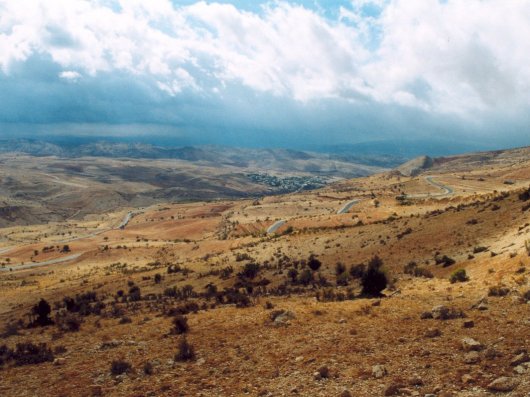 Iraq received a high score on the freedom index in which the Economist Intelligence Unit (EIU) ranked 20 countries on 15 indicators of political and civil liberty. The BBC commented that Iraqis no long live under a dictatorship and now have plenty of publications and political parties to choose from. But their freedom of movement is constrained by the bombings and kidnappings, and that is a big limitation.
Iraq received a high score on the freedom index in which the Economist Intelligence Unit (EIU) ranked 20 countries on 15 indicators of political and civil liberty. The BBC commented that Iraqis no long live under a dictatorship and now have plenty of publications and political parties to choose from. But their freedom of movement is constrained by the bombings and kidnappings, and that is a big limitation.
The Index of Political Freedom lists Lebanon, Morocco, Iraq and the Palestinian Territories as the most democratic parts of the region. Libya received the lowest rating, below Syria and Saudi Arabia. The analysts found little evidence of democratisation in some countries. Sitting at the bottom of the table, Libya has long had a reputation as one of the world’s worst violators of human rights. Colonel Muammar Gaddafi’s government has also long restricted freedom of expression and independent political activity.
Saudi Arabia held its first ever exercise in democracy in February 2005 when it held municipal elections, but remains an absolute monarchy that has resisted pressure for reform.
Syria, meanwhile, is renowned for its authoritarian rule even though there has been a degree of liberalisation under President Bashar al-Assad.
BBC Middle East analyst Roger Hardy says there is unquestionably a new mood in the region, but progress has been uneven.
Lebanon is free in a very particular sense: it is no longer under military occupation.
Most Palestinians do not enjoy that freedom, and yet they have just had local elections and are preparing for parliamentary ones in January, our correspondent says.



